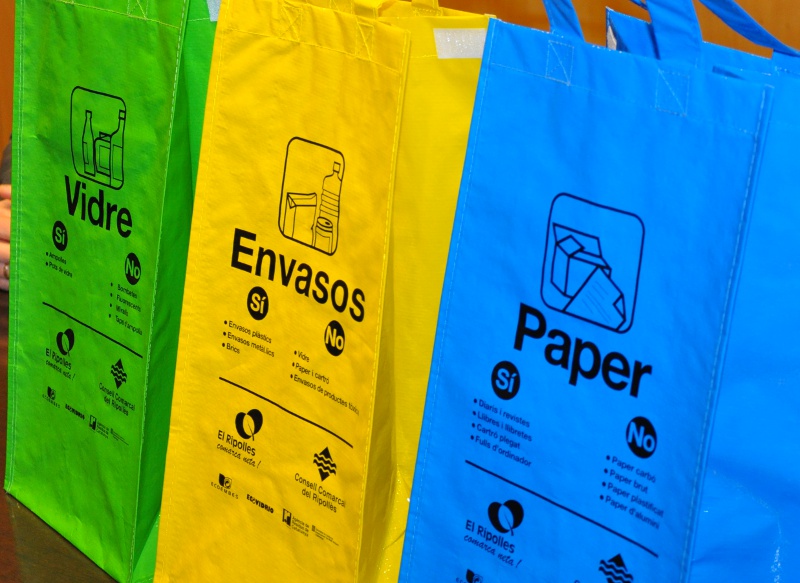The Waste Agency of Catalonia commissioned a report to assess the effectiveness of the landfill and incineration tax in Catalonia, and to elaborate proposals for future improvement. This environmental tax applies since 2004 on waste deposited in landfills, and since 2009 on waste destined to incineration. The collection of the tax is distributed to local administrations on the basis of the results they achieve. Therefore, it works as a double incentive: first, it penalizes final treatment of waste (landfilling/incineration) and, second, it encourages separate collection and recycling.
The study was able to statistically demonstrate that the tax has had a positive effect on the level of selective collection, and this effect was more intense in the municipalities of less than 5,000 inhabitants. It also showed that the application of an increased tax rate (for municipalities that have not implemented the selective collection of biowaste in accordance with their deployment plans) has not been effective. The report also illustrated that the current rate is below the external cost associated with landfill and waste incineration.
In order to make recommendations for the improvement of the tax, several scenarios of waste management were considered. The main recommendations were: increasing the tax rates, apply different tax rates for waste not collected separately and for refuse from treatment plants, distribute the revenue raised from the tax also to industrial waste generators, etc.
ENT environment & management
2012
Agència de Residus de Catalunya

